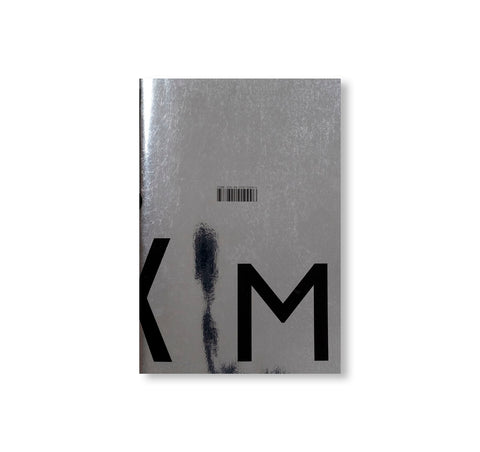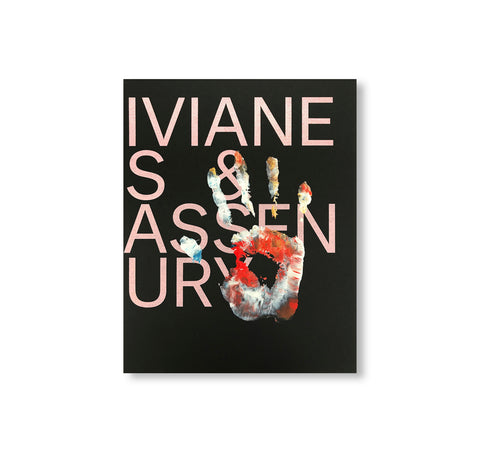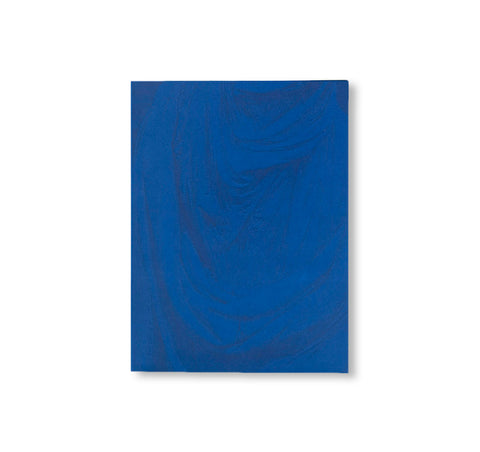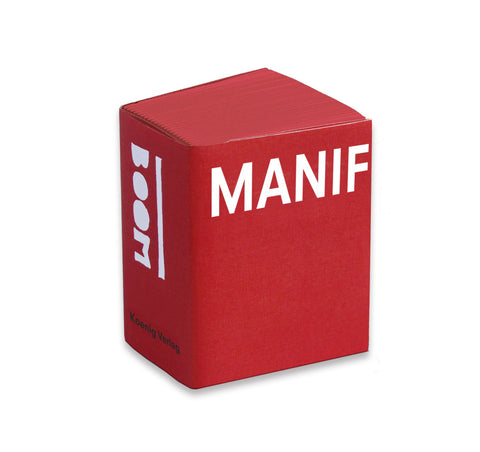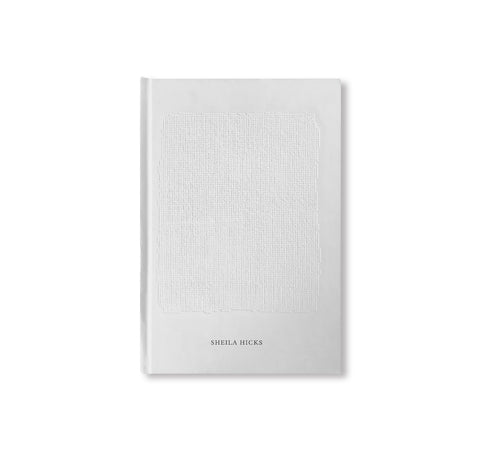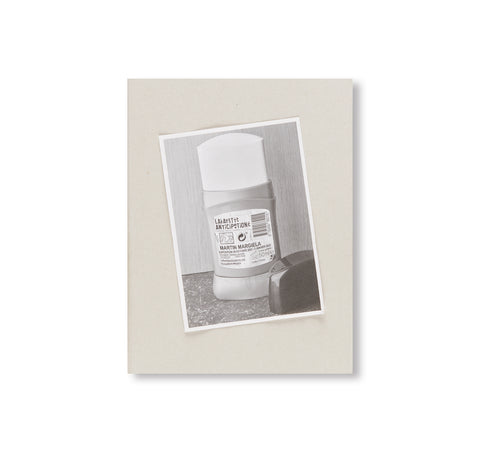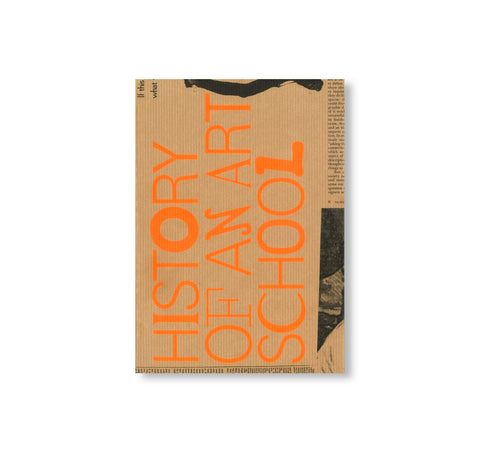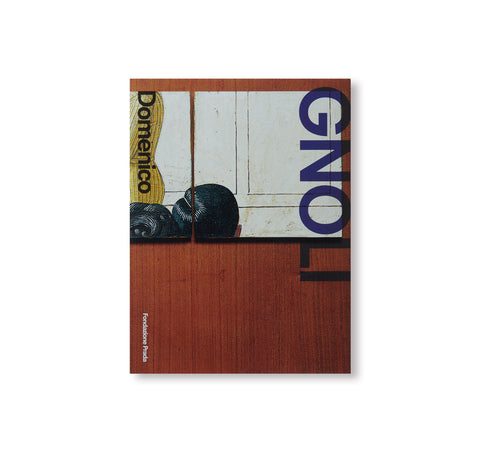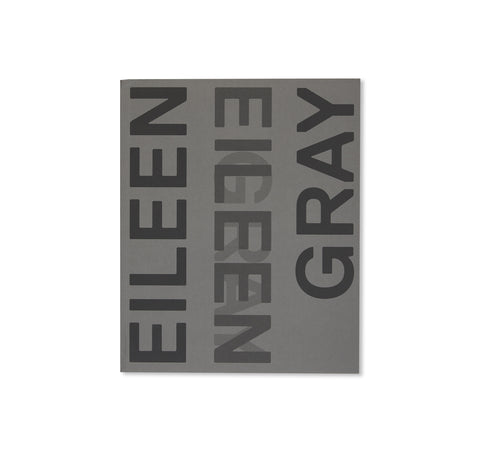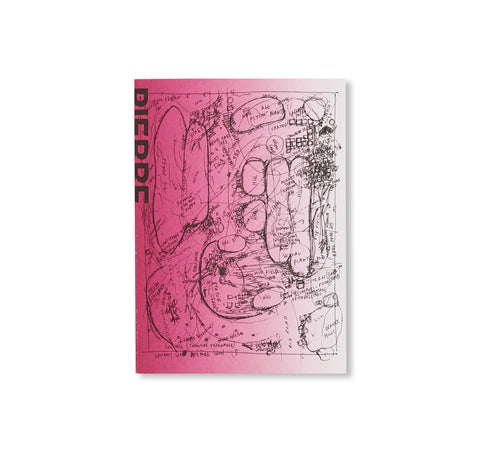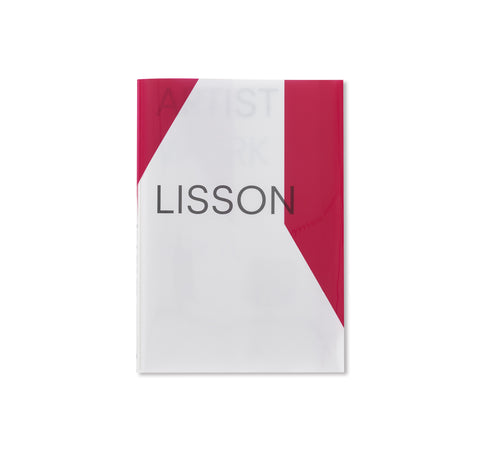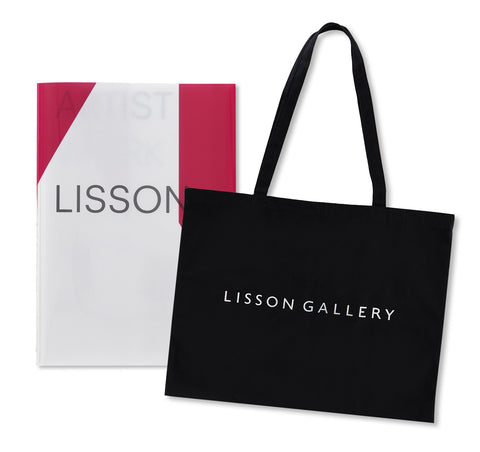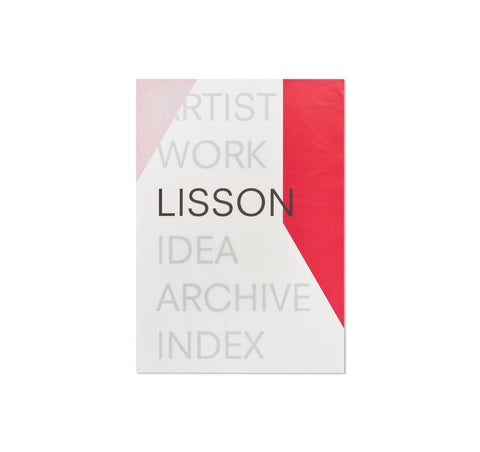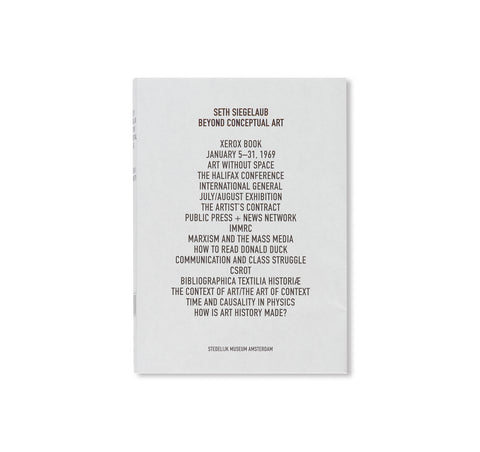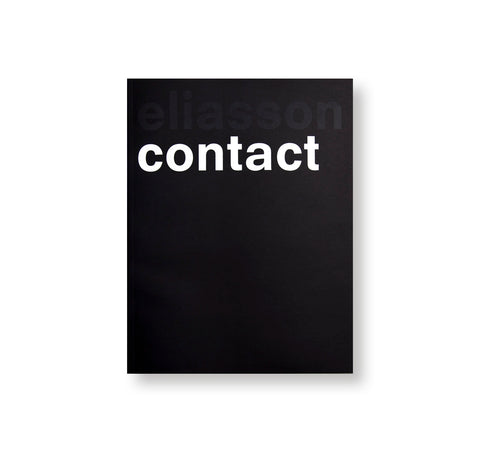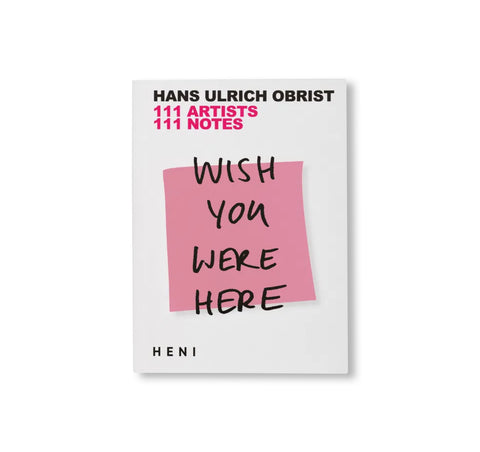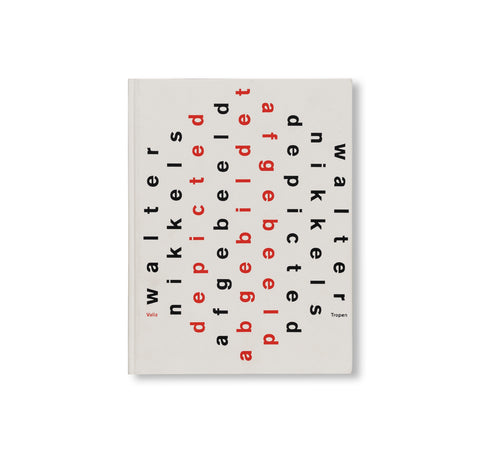WALTER NIKKELS: DENKWERK by Walter Nikkels, Irma Boom [SIGNED / NUMBERED]
オランダ人タイポグラファー、グラフィックデザイナーであるウォルター・ニッケルズ(Walter Nikkels)の作品集。2024年9月から11月にかけて、オランダのギャラリー「EENWERK」で開催された展覧会に伴い刊行された。
本書は、タイポグラファーの巨匠である作者が、オランダの「アムステルダム市立美術館(Stedelijk Museum Amsterdam)」による企画のために制作したインビテーションと、その過程のスケッチを記録した一冊である。1,000ページにもおよぶこのボリュームは、同ジャンルでは他に類を見ない仕上がりとなっている。テキストはオランダ人美術史家のルディ・フックス(Rudi Fuchs)、同じくテキストと本書の制作をオランダ人グラフィックデザイナー、イルマ・ボーム(Irma Boom)が手がける。また、ボームがデザインを監修し製紙会社と共同開発した自身の名を冠する特殊紙「IBO One」が使用されている。オランダ語、英語併記。
タイポグラフィは、ページ上の文字やイメージの配置を決定づけ、視覚的なリズムを取り入れることである種の親しみを持つ。その親しみとは、読者が本を開くことであり、本は読者の目に映るために開かれる。タイポグラフィによって、文字や単語は隣り合い、また上や下に配置され、画像はその中で控えめな場所に置かれる。こうして、文字や単語、画像に相応しい在り方が、その意味の形を伝えている。タイポグラフィは言葉を見せる、というよりは、タイポグラフィが言葉を読めるように文字や単語、画像を近づけていると言うべきだろう。作者はその技術において熟達し、非常に注意深く素材を扱っている。ある冬に、イタリア、ポー渓谷へと旅に出た。早朝は霧が残り、やがて太陽が顔を出した。農場の寂しげな家々はフィルターがかったように散光の中にあった。日当たりが良い方の壁は鮮やかなピンク色であった。日陰側は日向側よりさほど暗くなく、ピンク色はほぼ同じ明るさであった。それでも、どちらの面もくっきりと際立っていた。このようなシンプルな正確さと繊細さが、作者のタイポグラフィの根本となる関係性をも特徴づけているのである。
※掲載写真の黒い保護用専用段ボールには少々角潰れ、スレなどの傷みがある場合がございます。商品本体に影響はございません。あらかじめご了承ください。
A master typographer Walter Nikkels: 1,000 pages of his invitation cards for Stedelijk Museum: sketches and printed designs. Unmatched in their genre. Printed on transparent IBO paper.
TEXTS: Rudi Fuchs, Irma Boom (NL+ENG)
Typography, the determination of the placement of words and images on the page and the working of these into a visual rhythm, has a certain intimacy – just as opening a book is intimate and for my eyes alone. Due to the typography, letters and words are situated next to, above and below each other, while the image has its modest place among them; and in this way the distinct form of the letters and the words and the images convey the form of the meaning. Typography shows the words or, I should say, typography brings them closer so that they can be read. Walter Nikkels is a master of this. He deals with the material very carefully; that’s visible, it’s his character. One time, on a journey through the Po Valley in winter: mist lingered in the early morning, later the sun came out. The lonely farmhouses lay in fine, filtered, diffused light. On their sunny side the walls were bright pink; the shady side wasn’t much darker and the pink almost as bright. Even so, both sides stood out sharply. Such simple precision and subtlety also characterizes the typography of Walter Nikkels in its fundamental relationships.
※Please note that the black cardboard box shown on the pictures may have slight damages. The book itself has not received any damages, therefore will not effect viewing.
![WALTER NIKKELS: DENKWERK by Walter Nikkels, Irma Boom [SIGNED / NUMBERED]](http://twelve-books.com/cdn/shop/files/2644.jpg?v=1740963710)
![WALTER NIKKELS: DENKWERK by Walter Nikkels, Irma Boom [SIGNED / NUMBERED]](http://twelve-books.com/cdn/shop/files/2641.jpg?v=1740963710)
![WALTER NIKKELS: DENKWERK by Walter Nikkels, Irma Boom [SIGNED / NUMBERED]](http://twelve-books.com/cdn/shop/files/2642.jpg?v=1740963710)
![WALTER NIKKELS: DENKWERK by Walter Nikkels, Irma Boom [SIGNED / NUMBERED]](http://twelve-books.com/cdn/shop/files/2644_2f04ed3e-513c-4fcf-8c2b-1d3fbf18d751.jpg?v=1740963710)
![WALTER NIKKELS: DENKWERK by Walter Nikkels, Irma Boom [SIGNED / NUMBERED]](http://twelve-books.com/cdn/shop/files/2645.jpg?v=1740963710)
![WALTER NIKKELS: DENKWERK by Walter Nikkels, Irma Boom [SIGNED / NUMBERED]](http://twelve-books.com/cdn/shop/files/2646.jpg?v=1740963710)
![WALTER NIKKELS: DENKWERK by Walter Nikkels, Irma Boom [SIGNED / NUMBERED]](http://twelve-books.com/cdn/shop/files/2647.jpg?v=1740963710)
![WALTER NIKKELS: DENKWERK by Walter Nikkels, Irma Boom [SIGNED / NUMBERED]](http://twelve-books.com/cdn/shop/files/2648.jpg?v=1740963710)
![WALTER NIKKELS: DENKWERK by Walter Nikkels, Irma Boom [SIGNED / NUMBERED]](http://twelve-books.com/cdn/shop/files/2649.jpg?v=1740963710)
![WALTER NIKKELS: DENKWERK by Walter Nikkels, Irma Boom [SIGNED / NUMBERED]](http://twelve-books.com/cdn/shop/files/26410.jpg?v=1740963710)
![WALTER NIKKELS: DENKWERK by Walter Nikkels, Irma Boom [SIGNED / NUMBERED]](http://twelve-books.com/cdn/shop/files/26411.jpg?v=1740963710)
![WALTER NIKKELS: DENKWERK by Walter Nikkels, Irma Boom [SIGNED / NUMBERED]](http://twelve-books.com/cdn/shop/files/26412.jpg?v=1740963710)
![WALTER NIKKELS: DENKWERK by Walter Nikkels, Irma Boom [SIGNED / NUMBERED]](http://twelve-books.com/cdn/shop/files/26413.jpg?v=1740963710)
![WALTER NIKKELS: DENKWERK by Walter Nikkels, Irma Boom [SIGNED / NUMBERED]](http://twelve-books.com/cdn/shop/files/26414.jpg?v=1740963710)
![WALTER NIKKELS: DENKWERK by Walter Nikkels, Irma Boom [SIGNED / NUMBERED]](http://twelve-books.com/cdn/shop/files/26415.jpg?v=1740963710)
![WALTER NIKKELS: DENKWERK by Walter Nikkels, Irma Boom [SIGNED / NUMBERED]](http://twelve-books.com/cdn/shop/files/26416.jpg?v=1740963710)
![WALTER NIKKELS: DENKWERK by Walter Nikkels, Irma Boom [SIGNED / NUMBERED]](http://twelve-books.com/cdn/shop/files/26417.jpg?v=1740963710)
![WALTER NIKKELS: DENKWERK by Walter Nikkels, Irma Boom [SIGNED / NUMBERED]](http://twelve-books.com/cdn/shop/files/26418.jpg?v=1740963710)
![WALTER NIKKELS: DENKWERK by Walter Nikkels, Irma Boom [SIGNED / NUMBERED]](http://twelve-books.com/cdn/shop/files/26419.jpg?v=1740963710)
![WALTER NIKKELS: DENKWERK by Walter Nikkels, Irma Boom [SIGNED / NUMBERED]](http://twelve-books.com/cdn/shop/files/26420.jpg?v=1740963710)
![WALTER NIKKELS: DENKWERK by Walter Nikkels, Irma Boom [SIGNED / NUMBERED]](http://twelve-books.com/cdn/shop/files/26421.jpg?v=1740963710)
![WALTER NIKKELS: DENKWERK by Walter Nikkels, Irma Boom [SIGNED / NUMBERED]](http://twelve-books.com/cdn/shop/files/26422.jpg?v=1740963710)
![WALTER NIKKELS: DENKWERK by Walter Nikkels, Irma Boom [SIGNED / NUMBERED]](http://twelve-books.com/cdn/shop/files/26423.jpg?v=1740963710)
![WALTER NIKKELS: DENKWERK by Walter Nikkels, Irma Boom [SIGNED / NUMBERED]](http://twelve-books.com/cdn/shop/files/26424.jpg?v=1740963710)
![WALTER NIKKELS: DENKWERK by Walter Nikkels, Irma Boom [SIGNED / NUMBERED]](http://twelve-books.com/cdn/shop/files/26425.jpg?v=1740963710)
![WALTER NIKKELS: DENKWERK by Walter Nikkels, Irma Boom [SIGNED / NUMBERED]](http://twelve-books.com/cdn/shop/files/26426.jpg?v=1740963710)
![WALTER NIKKELS: DENKWERK by Walter Nikkels, Irma Boom [SIGNED / NUMBERED]](http://twelve-books.com/cdn/shop/files/26427.jpg?v=1740963710)
![WALTER NIKKELS: DENKWERK by Walter Nikkels, Irma Boom [SIGNED / NUMBERED]](http://twelve-books.com/cdn/shop/files/26428.jpg?v=1740963710)
![WALTER NIKKELS: DENKWERK by Walter Nikkels, Irma Boom [SIGNED / NUMBERED]](http://twelve-books.com/cdn/shop/files/26429.jpg?v=1740963710)
![WALTER NIKKELS: DENKWERK by Walter Nikkels, Irma Boom [SIGNED / NUMBERED]](http://twelve-books.com/cdn/shop/files/2643.jpg?v=1740963710)
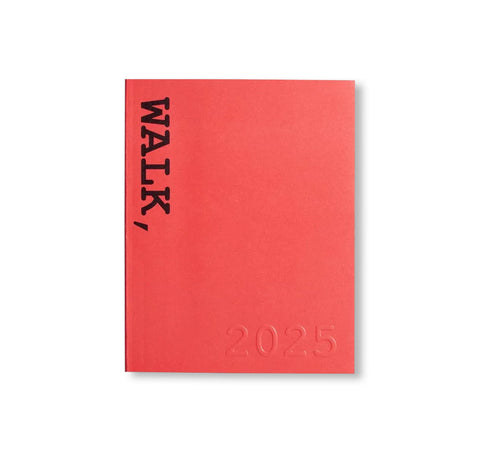

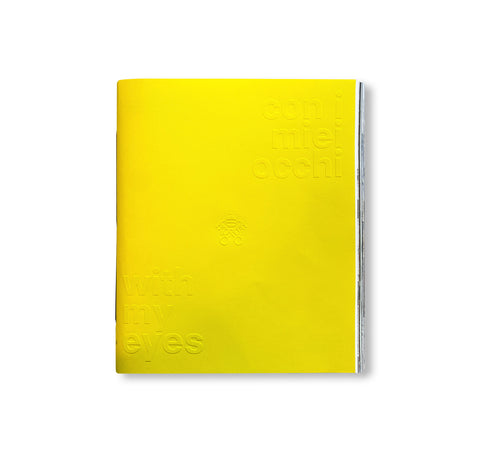

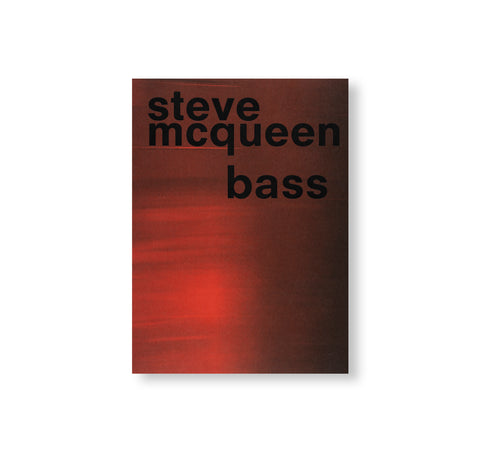


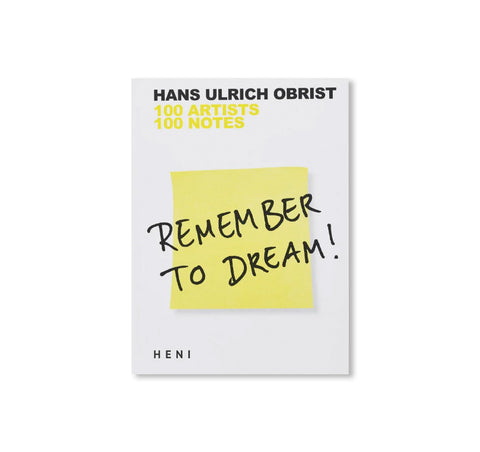
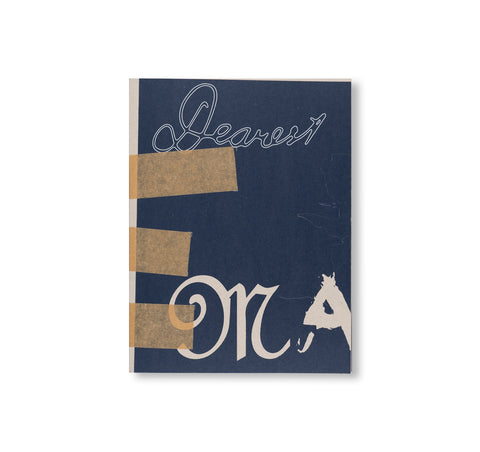
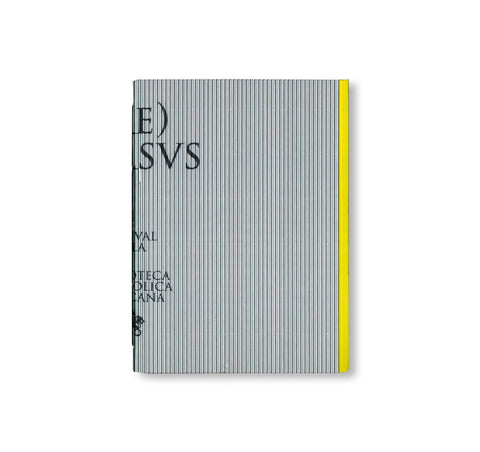
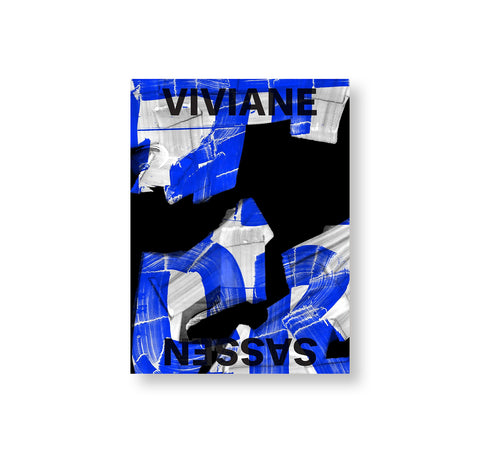
![IRMA BOOM for BIBLIOTECA APOSTOLICA VATICANA [SET]](http://twelve-books.com/cdn/shop/files/IRMABOOMforBIBLIOTECAAPOSTOLICAVATICANA_large.jpg?v=1689729271)
![FUTURISMOON AGENDA 2023 - VATICAN APOSTOLIC LIBRARY 2023 OFFICIAL DAILY PLANNER [LIMITED & COLLECTORS' EDITION]](http://twelve-books.com/cdn/shop/files/FUTURISMOONAGENDA_00_large.jpg?v=1689301882)
